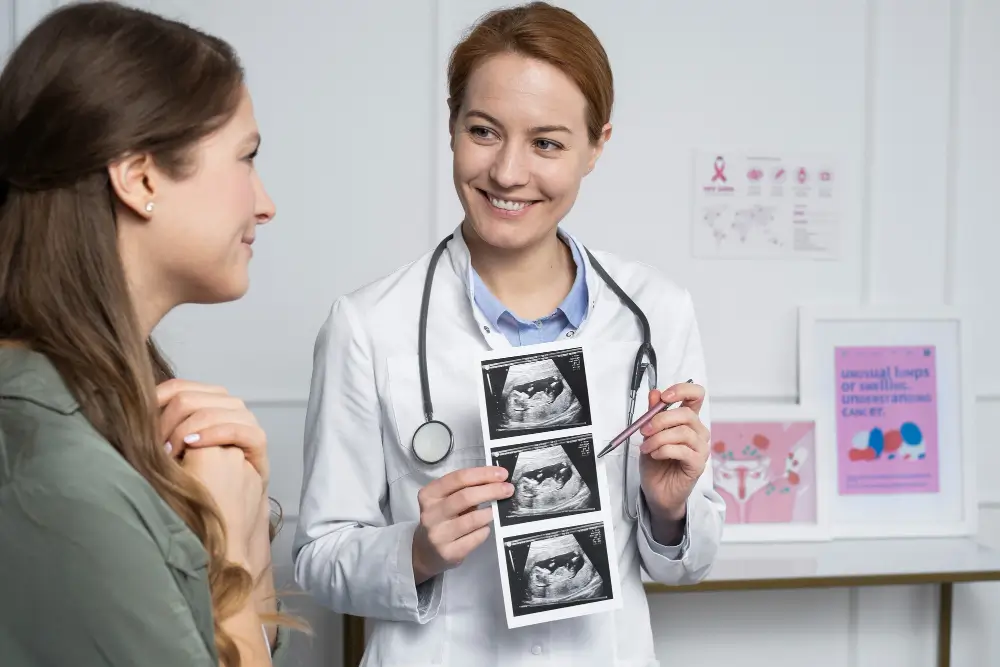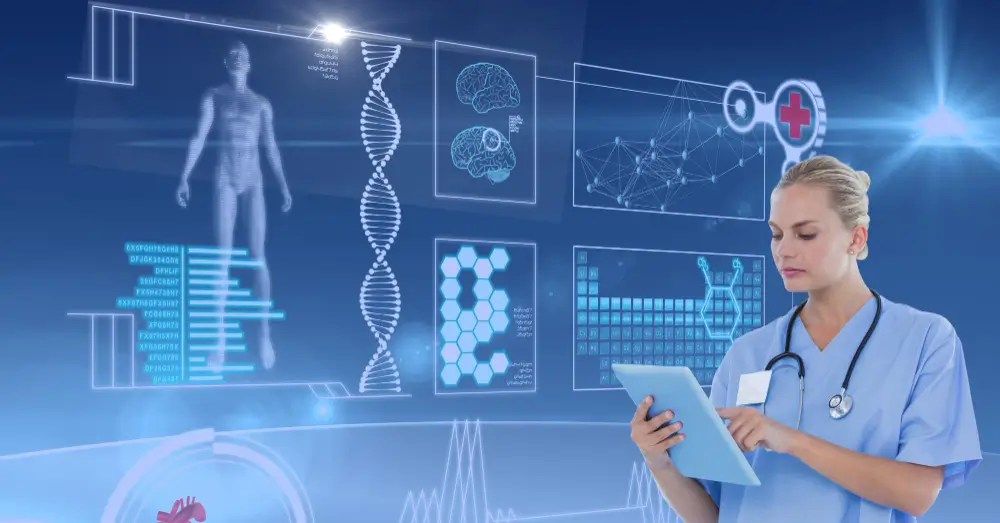Donating an egg is a kind act that can cause immense happiness to childless couples. Not all, however, can do it. Egg donor qualifications are screened through, and the aim is to provide the best for the future parents and maintain the health of the donor. The good egg donor has medical, genetic, and personal requirements on a list. Let’s determine what constitutes an ideal candidate and see how egg donation is done from the beginning to the end.
Donating Eggs Criteria
1. Medical Requirements
Medical wellness is the key to a successful egg donation process. Fertility clinics and quality programs like Indian Egg Donors, a high-quality egg donation agency, have strict health requirements so that only healthy prospects are chosen as donors.
a) Age Range
Donors are normally 19 to 30 years old. This is the most likely age group to obtain healthy, viable eggs with fewer problems for both recipient and donor.
b) Body Mass Index (BMI)
A BMI of 18 to 28 is usually required by most programs. Being of normal weight promotes hormonal balance and increased success of egg recovery.
c) General Health
Donors need to be in great physical health with no long-term diseases. Donors need to be non-smoking, drug-free, and alcohol-free. Donors are provided with a complete medical examination and blood draw to assess egg donor suitability.
d) Reproductive Health
Prior successful pregnancies or donations are a plus, but not necessarily mandatory. The donor’s ovarian reserve (capacity to make eggs) is also assessed through ultrasounds and hormone assays.
2. Genetic Screening
The most important thing regarding egg donation is that the donor must not pass on a genetic illness to the child.
a) Family Medical History
The donor is asked to provide a comprehensive family medical history for a minimum of three generations. Any genetic illness, such as cystic fibrosis, Tay-Sachs, or Huntington’s disease, will disqualify a candidate.
b) Genetic Testing
Professional associations such as Indian Egg Donors make sure that all their donors receive genetic carrier screening. It is through this test that it is established if a donor carries genes for inherited conditions. Having one gene does not automatically exclude the donor, though it does affect the matching process with the intended parents throughout the egg donation process.

Psychological Evaluation
It’s not just the physician’s responsibility—a donor is emotionally and psychologically on the line as well.
a) Mental Health Screening
Donors should have psychological examinations to exclude any severe mental illnesses. This keeps the donor emotionally stable enough and in a state to perform the egg donation process professionally.
b) Motivation to Donate
Agencies are interested in why a donor has opted in. Altruism, wanting to assist others, or financial compensation, the reasoning has to be genuine and well-informed. Some donors are also attracted by the prospect of egg donor compensation, which can prove to be a beneficial advantage while still being ethical and controlled.
c) Informed Consent
A good donor also has knowledge about the medical procedures entailed, such as hormone injections, egg retrieval, and short- and long-term side effects. This is within the informed consent process so that she is free and knowledgeable to volunteer.
4. Personal Characteristics and Lifestyle
Medical and genetic conditions cannot be bargained, but personal characteristics are involved in many intended parents’ decisions as well.
a) Education and Intelligence
Most intended parents look for a higher educational background. Certain donors possess academic achievements from world-renowned institutions or are exceptionally talented in arts, sciences, or sports.
b) Lifestyle Habits
Tobacco-, drug-, and alcohol-free healthy life is demanded. Regular physical exercise, a balanced diet, and regular sleep habits guarantee overall reproductive health.
c) Cultural and Ethnic Background
Most intended parents look for donors from their own race, faith, or cultural group. Indian Egg Donors is serious about meeting these criteria, offering many candidates from numerous Indian subcultures and communities.
d) Personality Traits
Although subjective, qualities such as compassion, responsibility, reliability, and good communication are considered positive indicators. Some patients prefer donors who are mature and empathetic.

Legal and Ethical Considerations
Donation of an egg is under strict legal and ethical regulation to ensure that all parties involved are safeguarded. A good egg donor should:
- Be ready to sign legal contracts that define her rights and obligations.
- Be ready to accept a non-maternal role (no right over the child).
- Obey confidentiality protocols.
Such agencies as run by Indian Egg Donors, a reputable egg donation agency, provide donors complete briefing on legalities and legal advice wherever the case warrants. They also provide complete disclosure about egg donor payment so that the potential donor is aware of all the financial and legal expectations involved.
Frequently Asked Questions:-
Q. What is the ideal age to become an egg donor?
Ans : The preferred donor egg age is 19 to 30 years, one of the minimum egg donor qualifications for donors at most programs.
Q. Do egg donors need to be in good health?
Ans : Yes, the donors are required to be in peak reproductive and physical health. Screening properly is one of the ways egg donation functions to provide safety and efficacy.
Q. Is genetic testing required for egg donors?
Ans : Yes, genetic testing is done on donors to screen for hereditary disorders. An ethical egg donation agency will give applicants the complete assessment process.
Q. Are egg donors evaluated psychologically?
Ans : Yes, psychological screening makes sure that the donors are emotionally and mentally healthy. It is also helpful to determine the motivation of the donor and the egg donor compensation expectation.
Q. Do Indian Egg Donors match by ethnicity or culture?
Ans : Yes, Indian Egg Donors provides ethnically and culturally matched donors as part of their diverse egg donation process.
Final Thoughts
If you’re curious about how does egg donation work, it is important to understand it’s a systematic, safe, and compassionate procedure.egg donation is a powerful tool to assist others in creating a family, but it is not everyone. The ideal candidate is medically fit, genetically free of transmissible diseases, mentally healthy, and self-directed responsibly.
At Indian Egg Donors, our screening and matching process is carefully created to identify compassionate, competent individuals who can have a positive impact on the lives of intended parents. With proper support, clear limits, and ethical practice, egg donation can be a good, life-altering experience for everyone involved.

Dr. Veera Saghar
As an Egg Donor Coordinator, she plays a critical role in our company. Her background as a medical graduate from ISRA UNIVERSITY in Pakistan provides us with a solid foundation in the medical sciences. She has seven years of clinical experience practicing in the USA. This has given her firsthand experience when collaborating with patients and their families.
She is responsible for managing the process of egg donation from start to finish. We identify and screen potential egg donors.










